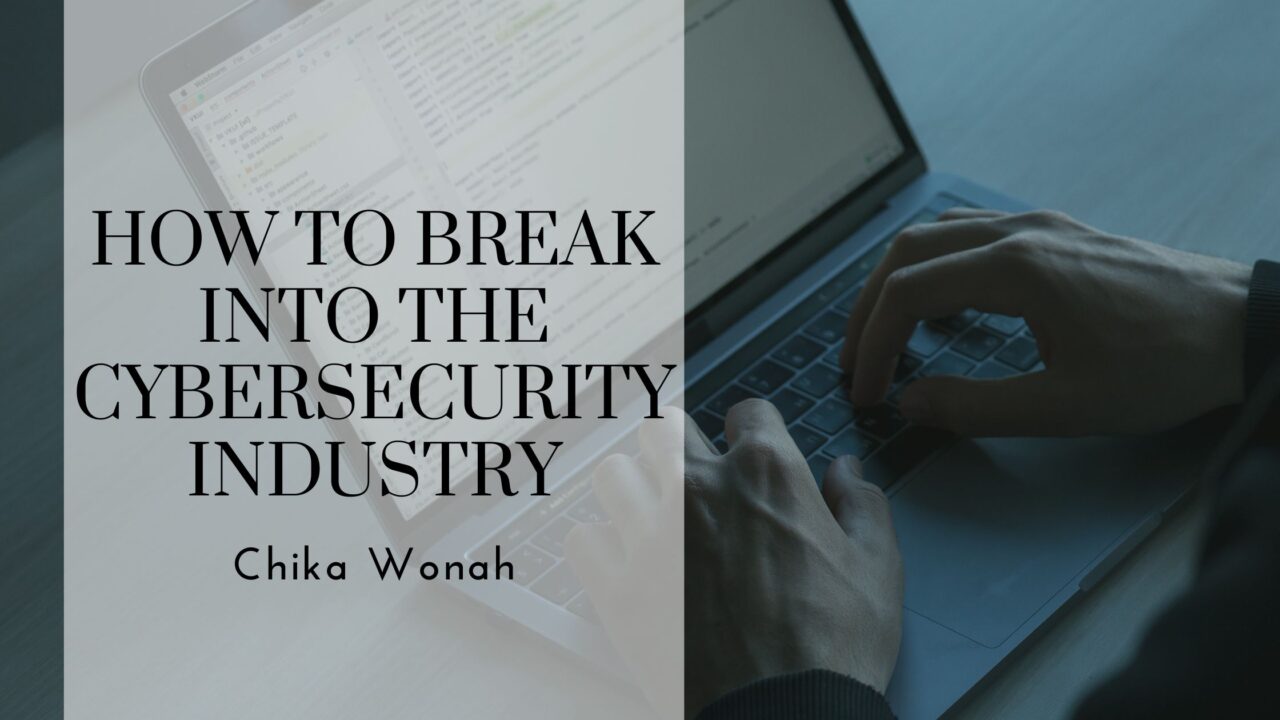In an increasingly interconnected world, the importance of cybersecurity cannot be overstated. With cyber threats evolving, the demand for skilled professionals in the cybersecurity industry is soaring. Aspiring individuals with a passion for technology and a desire to protect digital assets have a tremendous opportunity to carve out a successful career in this field.
Develop a Solid Foundation
Building a strong foundation is crucial for a successful cybersecurity career. Begin by acquiring a solid understanding of computer systems, networks, and programming languages. A computer science, information technology, or cybersecurity degree can provide a comprehensive educational background. Additionally, industry-recognized certifications such as CompTIA Security+, Certified Ethical Hacker (CEH), or Certified Information Systems Security Professional (CISSP) can enhance your credentials and demonstrate your commitment to the field.
Specialize and Focus
The cybersecurity industry encompasses many domains, each requiring specialized knowledge and skills. Determine which area of cybersecurity aligns with your interests and strengths, and focus on developing expertise in that domain. Whether it is network security, ethical hacking, incident response, or cloud security, specialization allows you to dive deeper into the subject matter and differentiate yourself from the competition. Stay updated with industry trends, attend conferences, and engage with online communities to expand your knowledge and network with like-minded professionals.
Gain Hands-on Experience
Theory alone is not enough in the cybersecurity realm. Practical experience is invaluable in securing a job in this industry. Look for opportunities to gain hands-on experience through internships, part-time jobs, or volunteer work. Seek local cybersecurity organizations, nonprofit initiatives, or open-source projects that allow you to apply your skills in real-world scenarios. Engaging in Capture the Flag (CTF) competitions and participating in bug bounty programs can further sharpen your technical skills while showcasing your problem-solving abilities to potential employers.
Cultivate a Hacker Mindset
You need to think like a hacker to succeed in the cybersecurity industry. Developing a hacker mindset means adopting a proactive approach toward identifying vulnerabilities and understanding potential attack vectors. Continuously challenge yourself to find creative solutions and think outside the box. Stay curious, relentless in your knowledge pursuit, and develop a passion for solving complex puzzles. Embrace the notion that learning from failures is a necessary stepping stone.
Build a Professional Network
Networking plays a pivotal role in the cybersecurity industry. Attend industry events, conferences, and local meetups to connect with professionals already established in the field. Engage in online communities and forums to share knowledge, seek advice, and establish relationships. Networking provides opportunities for mentorship and learning from seasoned professionals and opens doors to job prospects, referrals, and collaborations.
Continual Learning and Adaptability
The cybersecurity landscape constantly evolves, making continuous learning a prerequisite for success. Develop a habit of staying updated with emerging threats, industry best practices, and technological advancements. Regularly engage in professional development by attending webinars, pursuing advanced certifications, or enrolling in specialized training programs. Displaying adaptability and the ability to learn and apply new concepts quickly will set you apart in this ever-changing field.
Breaking into the cybersecurity industry requires dedication, a strong foundation, specialized knowledge, and practical experience. By following the strategies outlined in this article, aspiring professionals can navigate toward a successful cybersecurity career. Remember, technical skills do not solely determine success in this field but also the ability to think critically, communicate effectively, and continuously adapt to new challenges.
